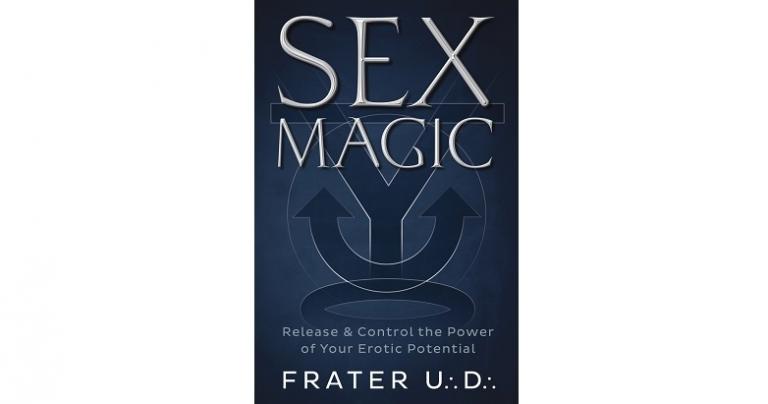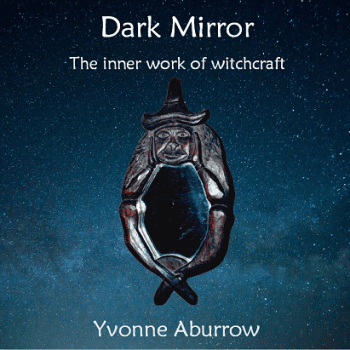Hello, beautiful creatures.
If you’ve been reading this blog for any length of time, you’ve probably deduced that I have no shortage of strong opinions about any topic on which I feel well enough educated to have any opinion at all. Now, I’ve been a book-reader of books, a music-listener, and a movie-watcher for most of my conscious life. I’ve also been something of a completist nerd about such things for the same length of time, which means I’ve also been a reader of criticism about books, music, and movies for most of my life. Taken together, these have led me to developing some fairly strong opinions about the proper role of criticism: namely, I’m less interested in knowing a critic’s feelings about a particular thing than I am in knowing whether or not that particular thing is worth my time and money. In other words, don’t tell me if you liked it; tell me whether or not it does the job for which I’m paying it. If it’s a novel or a film, tell me if the writing is adept or clumsy, if the plot is engaging or hackneyed, if the characters are fully-formed or two-dimensional. If it’s nonfiction, tell me if the thesis is clearly stated, if the claims are supported by research, if the writing is lucid and accessible.
This brings us to the latest book by Frater U∴ D∴, the straightforwardly-titled Sex Magic.

In 1988, Frater U∴ D∴ published Handbook of Sex Magic: Practical Ways for an Initiated Interaction with the Powers of Sex. This book, originally written in German, was later translated into English and published in 1995 as Secrets of the German Sex Magicians: A Practical Handbook for Men and Women, and republished in 2002, with a new cover and title, as Secrets of Western Sex Magic: Magical Energy & Gnostic Trance. Under whichever title, this was one of the best-known books on the subject of sex magic for some years. It was also one of the better-written, eschewing metaphorical language intended to mask the author’s meaning in favor of expressing ideas in a vernacular any reader could understand. No “white eagle,” “athame,” or “crucible” to be found here; if the author meant “semen,” “penis,” or “vagina” in a given passage, why, he came right out and wrote those very words. Astonishing, really… and somewhat revolutionary for its day.
The book we’re talking about today, Sex Magic, is what Frater U∴ D∴ calls a “completely revised, restructured, newly laid out, and in some areas expanded” edition of the original, which is reasonable enough. While it covers the same ground as the earlier versions, in more or less the same order, the present edition has streamlined some of the language from earlier versions and added a few bits here and there. Nonetheless, it’s not unfair to say that Sex Magic is, fundamentally, a lightly updated and re-designed version of Secrets of the German Sex Magicians/Secrets of Western Sex Magic.
So, back to my earlier questions: Is it worth your time and money? Does it do the job for which you’d be paying it?
That will, I think, depend entirely on what you’re looking for when you pick it up.
Sex Magic positions itself as an overview of the field of sexual magic and mysticism, opening with a crash course on the history and theoretical underpinnings of sexuality in magicospiritual traditions before diving into the practicum. Frater U∴ D∴ doesn’t skimp on the theory, but also doesn’t spend a great deal of time on it, either. There’s enough to ground the praxis he’s putting forward, to which the vast balance of the book’s 270+ pages is devoted, and that’s about it. For a book intended to be a general primer and how-to guide for doing sex magic, this balance is pretty reasonable.
Unfortunately, it brings us up against one of the book’s primary issues: its reliance on the universalist perspective of modern Western ceremonial magic. Simply put, Sex Magic is a textbook example of post-Golden Dawn magical syncretism, blending tantric yoga, medieval European alchemy, Sufi mysticism, and ancient Gnostic beliefs with Japanese terminology, Taoist cosmology, Greek polytheism, Wiccan cosmology, and Thelemic magick with nary a hitch or a pause. This book is far from the only offender in this regard, nor even the worst; Frater U∴ D∴ is at least careful to acknowledge his predecessors and sources in the field, and to point to the traditions from which he draws his terminology and techniques. The reader can, however, be forgiven for wondering what an initiated tantrika, Sufi, or Shinto priest would make of a mix-and-match approach to sexual mysticism which makes free with their spiritual and religious traditions.
Another issue is the book’s emphasis on the gender-essentialist paradigm of binary polarity. (Those of you who’ve been reading the blog for a while can guess where I’m going with this.)
In the sex magic of Sex Magic, there are men and there are women, and that’s it. For readers who fit comfortably within the binary gender paradigm, this won’t be as much of a problem, but as a nonbinary witch and practitioner of sex magic, I found it frustrating to read a book which so clearly failed to acknowledge my existence, or the existence of any transgender, nonbinary, genderfluid, or gender-nonconforming practitioners. As against many other books and schools of thought on sex magic, Frater U∴ D∴ cheerfully acknowledges homosexuality and bisexuality as viable expressions of both sexual desire and sex magic, but nevertheless falls back on the gendered trope of “yin and yang energies” when incorporating them into the larger scope of sex magic. That he should be so inclusive of queer sexuality, yet fail to grasp how that intersects with gender in a model beyond Western notions of polarity, feels like a missed opportunity.
This was especially frustrating because the book generally does a stellar job of addressing its topic, albeit from a “Western ceremonial magic” perspective. Frater U∴ D∴ provides the reader with a variety of techniques for solo, paired, and group use, as well as addressing challenges and issues which can arise while training and practicing these techniques. The book covers a wealth of information for exploring the world of sex magic, communicated in a clear, conversational tone which never fails to be supportive and avuncular—if your uncle is a German sex magician, that is. That it’s hobbled by a perspective firmly rooted in mid-20th century views on gender and syncretism is unfortunate, because there really is a lot here to love.
In short, then: Queer and trans readers will have to do a fair bit of unpacking to get at the good stuff here, and some folks may find the level of cultural appropriation offputting, but if you’re interested in practicing sex magic (or even in learning more about it), Sex Magic is a decent place to start.
Sex Magic by Frater U∴ D∴ is available now from Llewellyn Publications.












